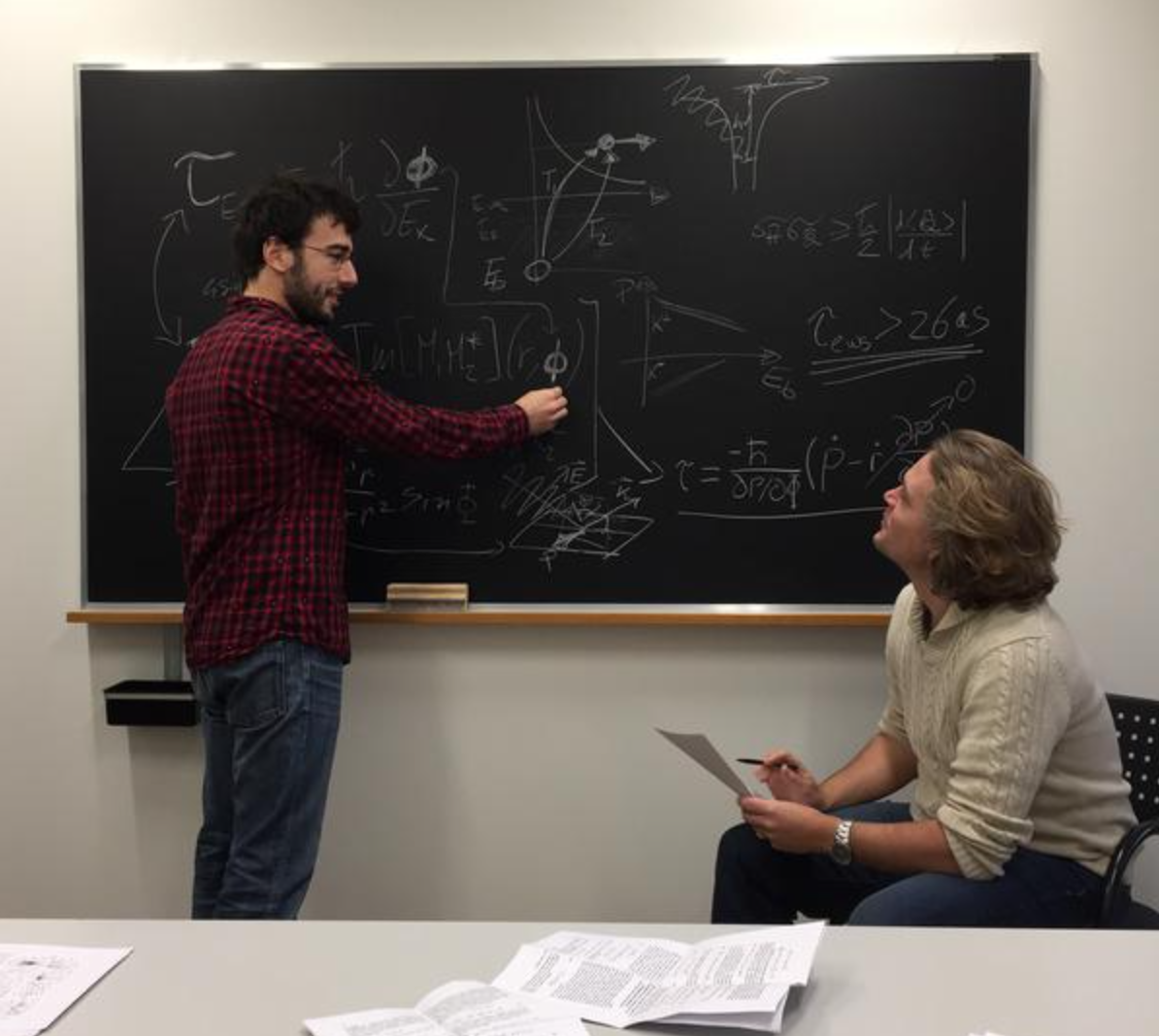Intermittent fasting leads to 91% greater risk of death from heart disease
Time-restricted eating, a form of intermittent fasting, involves consuming all meals within a specified timeframe.

Time-restricted eating, a form of intermittent fasting, involves consuming all meals within a specified timeframe, typically ranging from 4 to 12 hours within a 24-hour period. (CREDIT: Creative Commons)
At the American Heart Association’s Epidemiology and Prevention│Lifestyle and Cardiometabolic Scientific Sessions 2024 in Chicago, preliminary research on time-restricted eating unveiled potential risks for cardiovascular health.
The study, which analyzed data from over 20,000 U.S. adults, indicated that individuals restricting their eating to less than an 8-hour window per day faced a higher likelihood of dying from cardiovascular disease compared to those with eating periods spanning 12-16 hours.
Time-restricted eating, a form of intermittent fasting, involves consuming all meals within a specified timeframe, typically ranging from 4 to 12 hours within a 24-hour period.
Many adherents opt for a 16:8 schedule, where they eat during an 8-hour window and fast for the remaining 16 hours each day. While previous studies have suggested benefits for cardiometabolic health metrics like blood pressure and cholesterol levels, the long-term consequences remained uncertain.
Related Stories
Senior study author Victor Wenze Zhong, Ph.D., highlighted the growing popularity of time-restricted eating for weight loss and heart health but underscored the lack of understanding regarding its lasting effects on health outcomes.
The investigation assessed the extended health ramifications of following an 8-hour eating regimen.
Researchers examined dietary habits from the 2003-2018 National Health and Nutrition Examination Surveys (NHANES) alongside mortality data from the Centers for Disease Control and Prevention’s National Death Index database up to December 2019.
The findings were illuminating:
Individuals adhering to less than an 8-hour eating window faced a staggering 91% higher risk of cardiovascular death.
This elevated risk persisted even among those with pre-existing heart disease or cancer.
For individuals with established cardiovascular issues, maintaining an eating period of at least 8 but less than 10 hours correlated with a 66% higher risk of death from heart disease or stroke.
However, time-restricted eating did not mitigate overall mortality risk.
Conversely, a daily eating window exceeding 16 hours was associated with reduced cancer mortality among cancer patients.
Zhong expressed surprise at the heightened cardiovascular risk among individuals following an 8-hour eating window, cautioning against assuming causation. He stressed the importance of tailored dietary recommendations, particularly for those with existing health conditions.
Key study details included:
Approximately 20,000 U.S. adults, averaging 49 years old, were involved in the research.
Participants were monitored for a median of 8 years, with a maximum follow-up of 17 years.
Inclusion criteria required NHANES participants to be at least 20 years old, enrolled between 2003-2018, and to have completed two 24-hour dietary recall questionnaires within the first year.
Demographically, half identified as male and half as female, with the majority being non-Hispanic white adults.
Limitations encompassed reliance on self-reported dietary data, potentially affected by memory bias, and the exclusion of other health influencers from the analysis.
Future studies may explore the biological mechanisms behind time-restricted eating's impact on cardiovascular health and its generalizability to diverse populations worldwide.
Christopher D. Gardner, Ph.D., FAHA, of Stanford University, urged a nuanced understanding of the findings, emphasizing the need for further investigation into dietary nutrient quality and demographic disparities among different eating window groups.
As research unfolds, a balanced approach to time-restricted eating is essential, considering individual health status and the broader scientific landscape.
For more science news stories check out our New Discoveries section at The Brighter Side of News.
Note: Materials provided above by The Brighter Side of News. Content may be edited for style and length.
Like these kind of feel good stories? Get the Brighter Side of News' newsletter.



